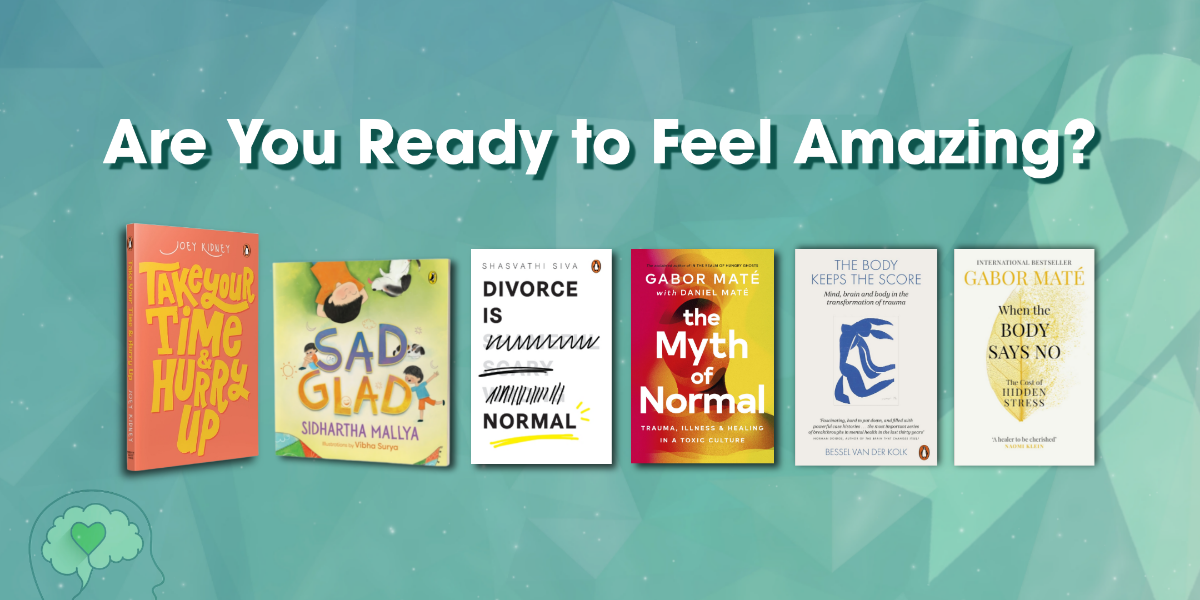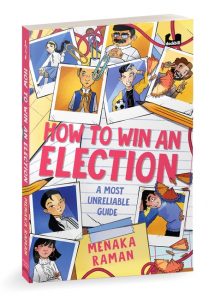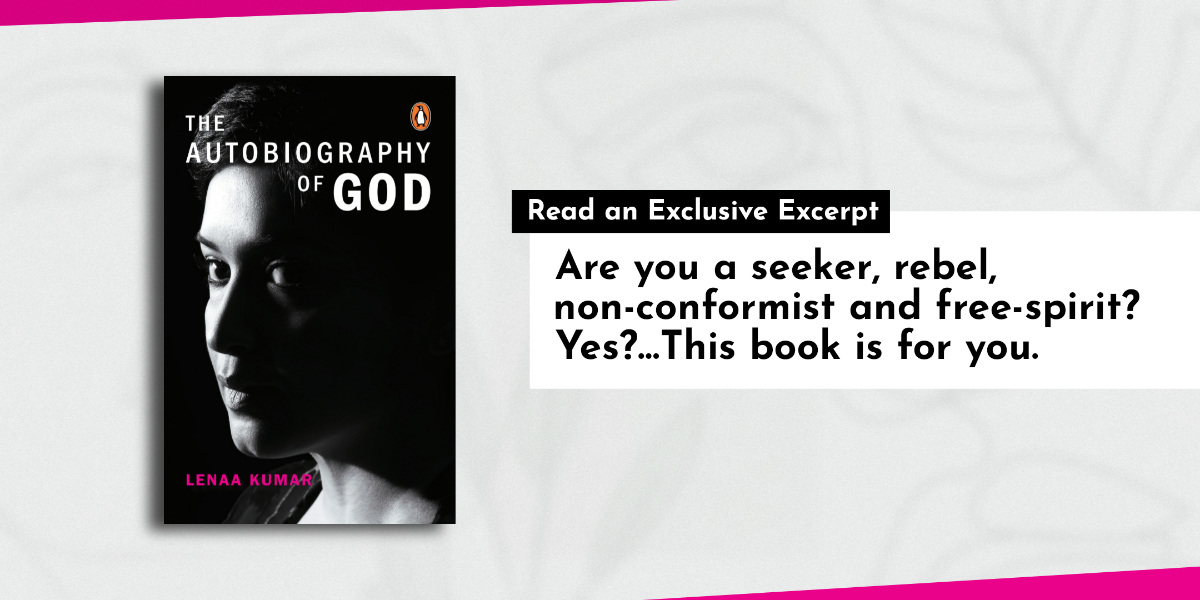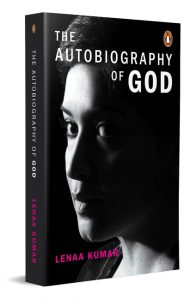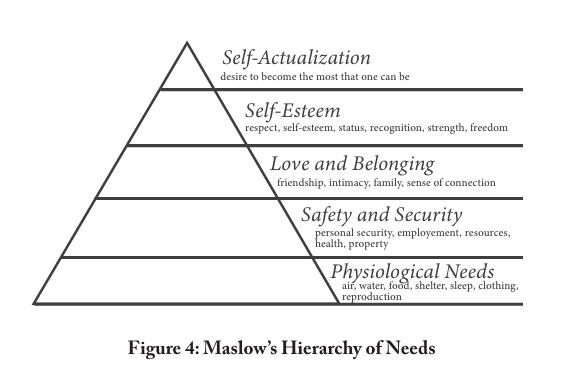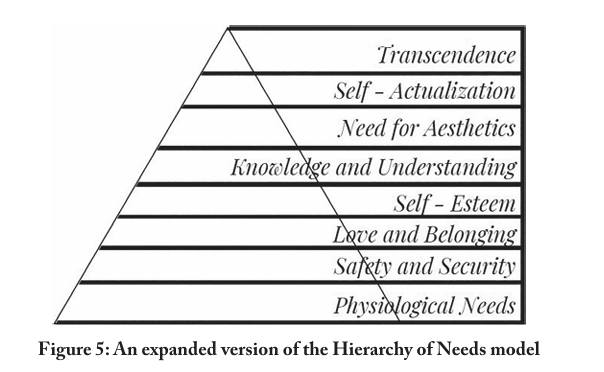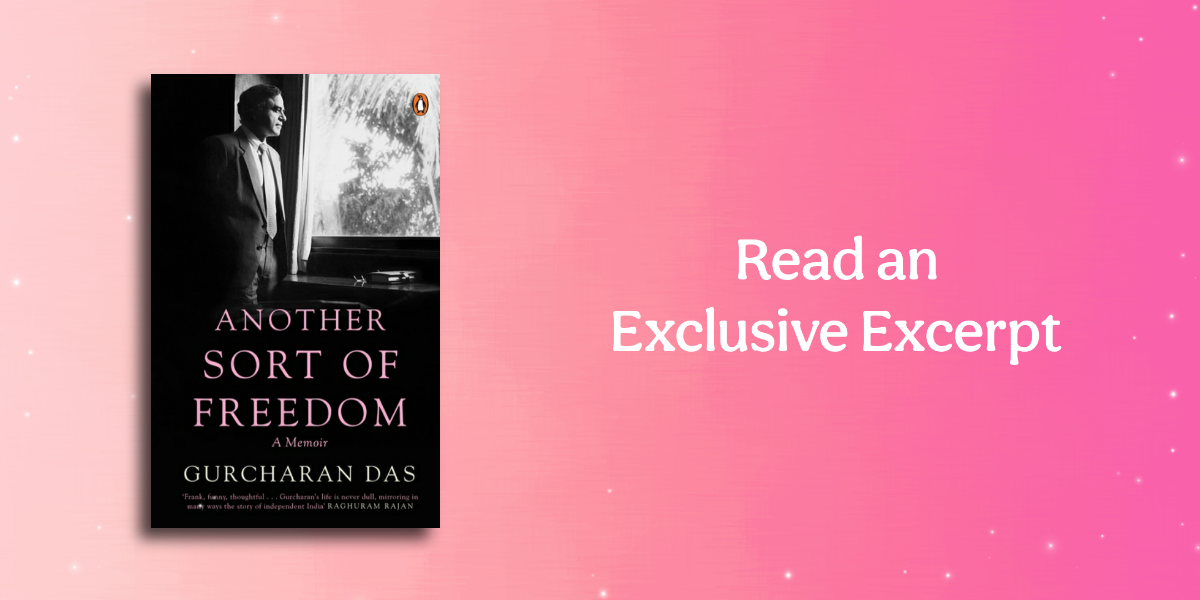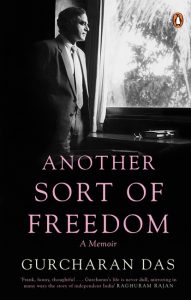In today’s world, physical health often takes centre stage, and it’s easy to overlook the significance of our mental well-being. But here’s the truth: mental health is just as crucial as our physical health, if not more. As we observe Mental Health Awareness Month, it’s essential to shine a light on the books that can serve as powerful allies in our journey toward mental wellness. From braving through the ups and downs of adolescence to finding peace and fulfillment in later years, these books are here to guide and inspire you.
So, let’s say yes to taking care of ourselves and explore how books can help us feel good!
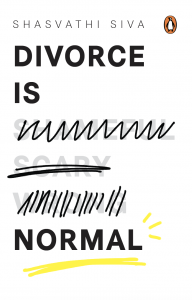
A divorce rate of around 1 per cent is often boasted about with pride in this country, without much critical thought spared for what it actually means. When Shasvathi Siva decided to end her marriage, she realized exactly how difficult getting a divorce was in our society and legal system. Since then, she has been working towards ensuring that others have it easier, and this book is an endeavour to share her learnings with great empathy and sagacity. Divorce Is Normal is an invaluable companion for anyone contemplating separation and divorce, and a necessary reminder for everyone else that divorce is normal. Through her story, Siva brings to readers fresh insights on unhappy marriages and divorce in the Indian context, helping expand perspectives so that people can overcome societal stigma and accept a brighter, happier future. Filled with practical tips, comforting stories and endless compassion shaped by a lived experience, this book acts like a warm hug and a stern friend all at once.
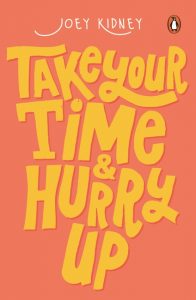
Have you ever felt lost or alone in your thoughts, feelings and experiences?
Take Your Time and Hurry Up continues Joey’s experiences as he leaves his early twenties and heads toward adulthood. This book appeals to anyone who is navigating ‘adulting’ without a compass or a map, and who is searching for a sense of belonging.
Joey gently encourages his audience to find comfort, mindfulness, guidance and connection. A clear theme is woven through each passage: a reminder to slow down. After all, what’s the rush.
The middle school elections are coming up and everyone is in a frenzy of making posters, promises and predictions.
When Sachin is disqualified from contesting the elections, he sets out to help his best friend Mini win. But their path to victory is littered with runaway lizards, incriminating bathroom graffiti, hacked videos and dangerous baked goods.
Which candidate fears Mini so much that they will descend to such villainy? Mini and Sachin must find out—or be disgraced forever.
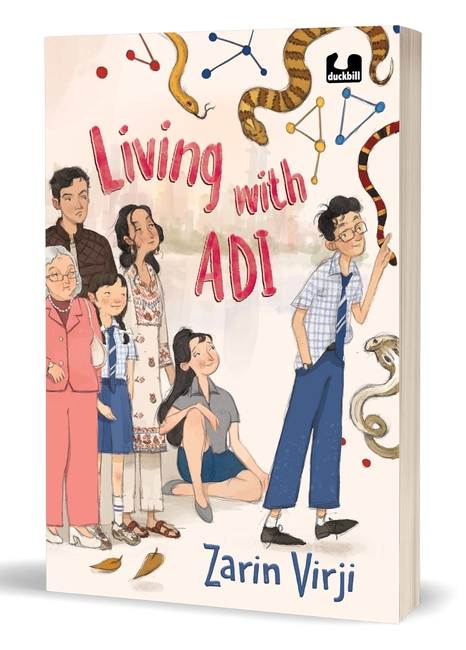
Adi Krishnan is different!
He is a bright student, who loves to read, and remembers everything down to the smallest details—yet he has no friends. His unusual view of things makes his classmates and teachers regard him as a weirdo.
Will the bullying ever end? Will people accept him as he is? Will he gain the respect of others, especially his dad?
Award-winning author Zarin Virji creates the extraordinary journey of an ordinary boy, narrated by him, his family, classmates and a teacher. And how, despite the challenges, living with Adi is, in fact, unexpected, delightful and funny.
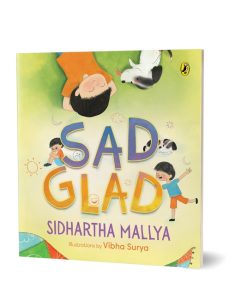
One morning, Sid wakes up feeling different. He can’t quite put his finger on why. The day seems gloomy, and Sid doesn’t feel like getting out of bed.
Luckily, Duke, Sid’s best buddy, senses that Sid needs comforting. He gently encourages Sid to accept all the different emotions he is feeling.
A helpful companion for a dull day, this assuring picture book is filled with many feelings and thoughts that offer a lot of hope!
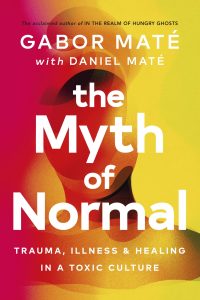
Over four decades of clinical experience, renowned physician and addiction expert Dr Gabor Maté has seen how health systems neglect the role that trauma exerts on our bodies and our minds. Medicine often fails to treat the whole person, ignoring how today’s culture stresses our bodies, burdens our immune systems and undermines emotional balance.
Now, in his most ambitious and urgent book yet, Dr Maté connects the dots between our personal suffering and the pressures of modern-day living – with disease as a natural reflection of a life spent growing further and further apart from our true selves. But, with deep compassion, he also shows us a pathway to health and healing.
Filled with stories of people in the grip of illness or in the triumphant wake of recovery, this life-affirming book, co-written with his son Daniel, proves true health is possible – if we are willing to reconnect with each other and our authentic selves.
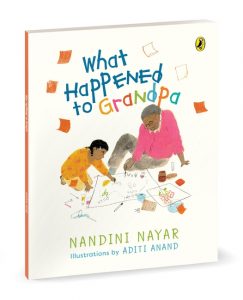
Something strange is happening to Grandpa. Words and names are slipping away, and favourite faces and places are becoming distant memories.
As Grandpa’s family seems to be losing him, it is up to Neha to remind them about the things he stood for. She shares his adventures and spins his stories, but will that help them remember Grandpa and celebrate him?
In this heartwarming picture book about love, loss, and remembering, discover the priceless bond we have with grandparents and how their memories live on.
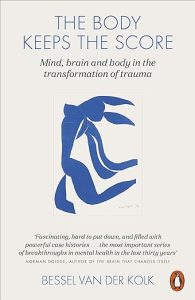
The effects of trauma can be devastating for sufferers, their families and future generations. Here one of the world’s experts on traumatic stress offers a bold new paradigm for treatment, moving away from standard talking and drug therapies and towards an alternative approach that heals mind, brain and body.
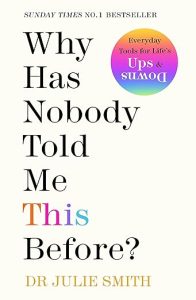
Drawing on years of experience as a clinical psychologist, online sensation Dr Julie Smith shares all the tools you need to get through life’s ups and downs.
Filled with secrets from the therapy room, this is a must-have handbook for optimising your mental health. Dr Julie’s simple but expert advice and powerful coping techniques will help you stay resilient no matter what life throws your way.
Written in short, bite-sized entries, you can turn straight to the section you need depending on the challenge you’re facing – and immediately find the appropriate tools to help. From managing anxiety, dealing with criticism or battling low mood, to building self-confidence, finding motivation or learning to forgive yourself, this book tackles the everyday issues that affect us all and offers easy, practical solutions that might just change your life.
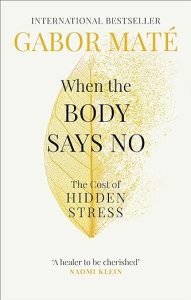
Drawing on deep scientific research and Dr Gabor Maté’s acclaimed clinical work, When the Body Says No provides the answers to critical questions about the mind-body link – and the role that stress and our emotional makeup play in an array of common diseases.
When the Body Says No:
– Explores the role of the mind-body link in conditions and diseases such as arthritis, cancer, diabetes, heart disease, irritable bowel syndrome and multiple sclerosis.
– Shares dozens of enlightening case studies and stories, including those of people such as Lou Gehrig (ALS), Betty Ford (breast cancer), Ronald Reagan (Alzheimer’s), Gilda Radner (ovarian cancer) and Lance Armstrong (testicular cancer)
– Reveals ‘The Seven A’s of Healing’: principles in healing and the prevention of illness from hidden stress.
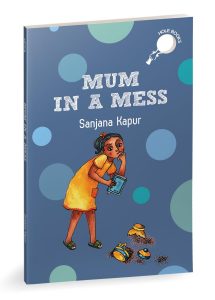
When Mum breaks a coffee jar, it does not seem like a big deal. But then, Mum starts acting very strangely. What is Vishi to do?
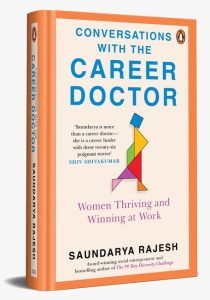
India ranks among the bottom end of countries when it comes to women’s participation in the workforce, as per research conducted by the International Labour Organization and other reputed institutions. Despite pushing gender inclusion to the forefront and making considerable progress, it is clear that Indian women don’t have it easy today. Conversations with the Career Doctor is a ready-reckoner that women can refer to whenever they are confronted with a challenge. It provides a powerful toolkit for every Indian woman professional to lead a strong, secure and successful career.
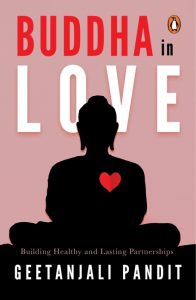
Geetanjali’s quest for happiness in relationships . . . failed. Time and again. A short-lived abusive marriage and its subsequent emotional, mental and social fallout forced her to question all her assumptions about romance and relationships.
Buddha in Love distils all she learnt. We are not born relationship-ready. A loving partnership takes effort, and, contrary to what you might expect, to achieve it you have to work on yourself. What does it take to be in a successful relationship? Do all relationships look the same? Does a relationship equate to happiness? Why and when should you marry?







